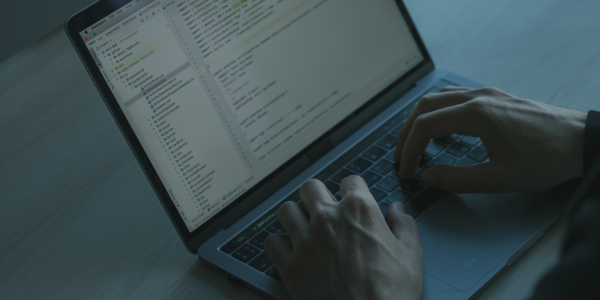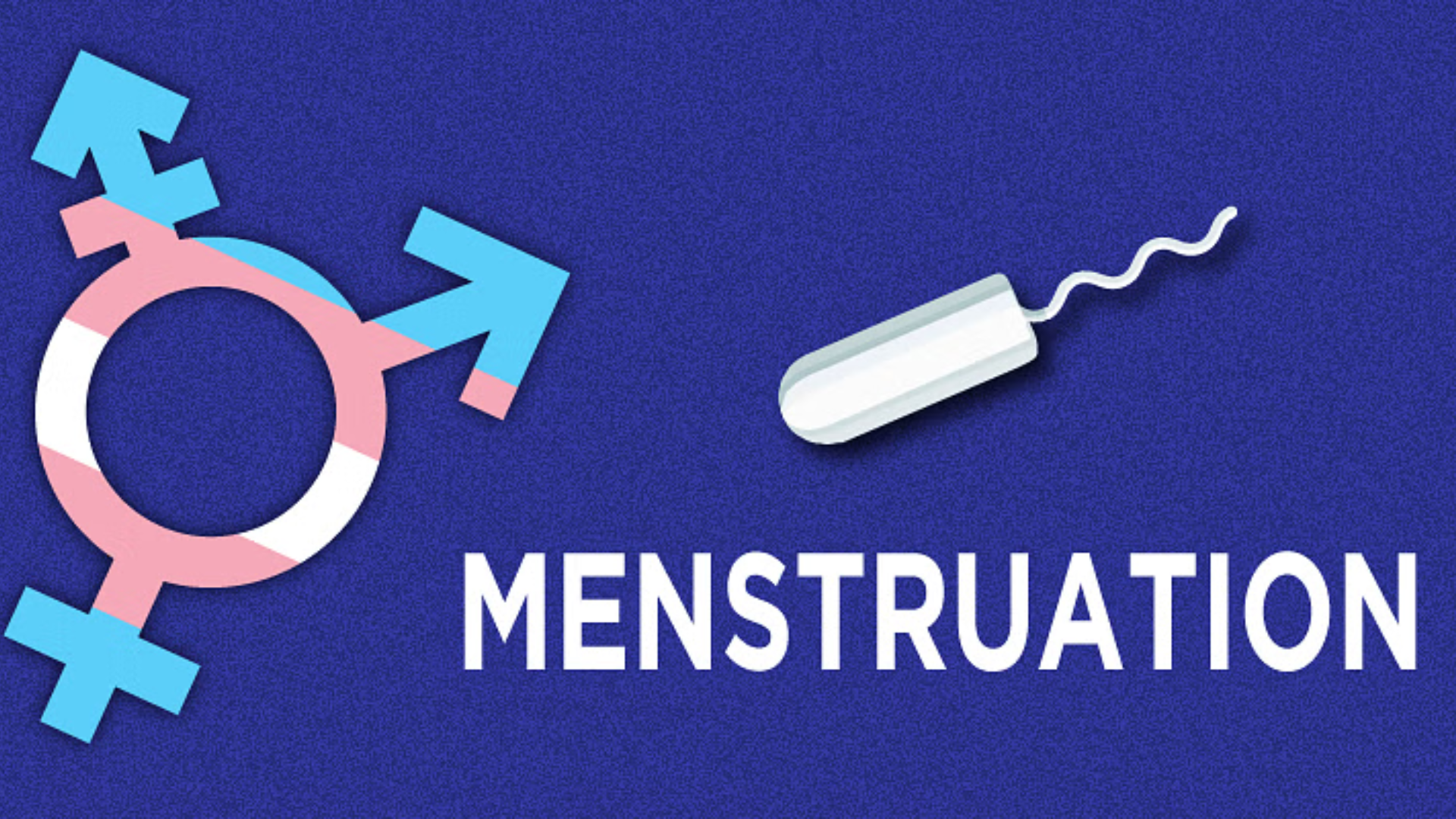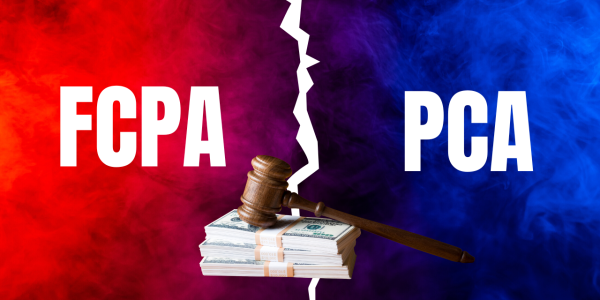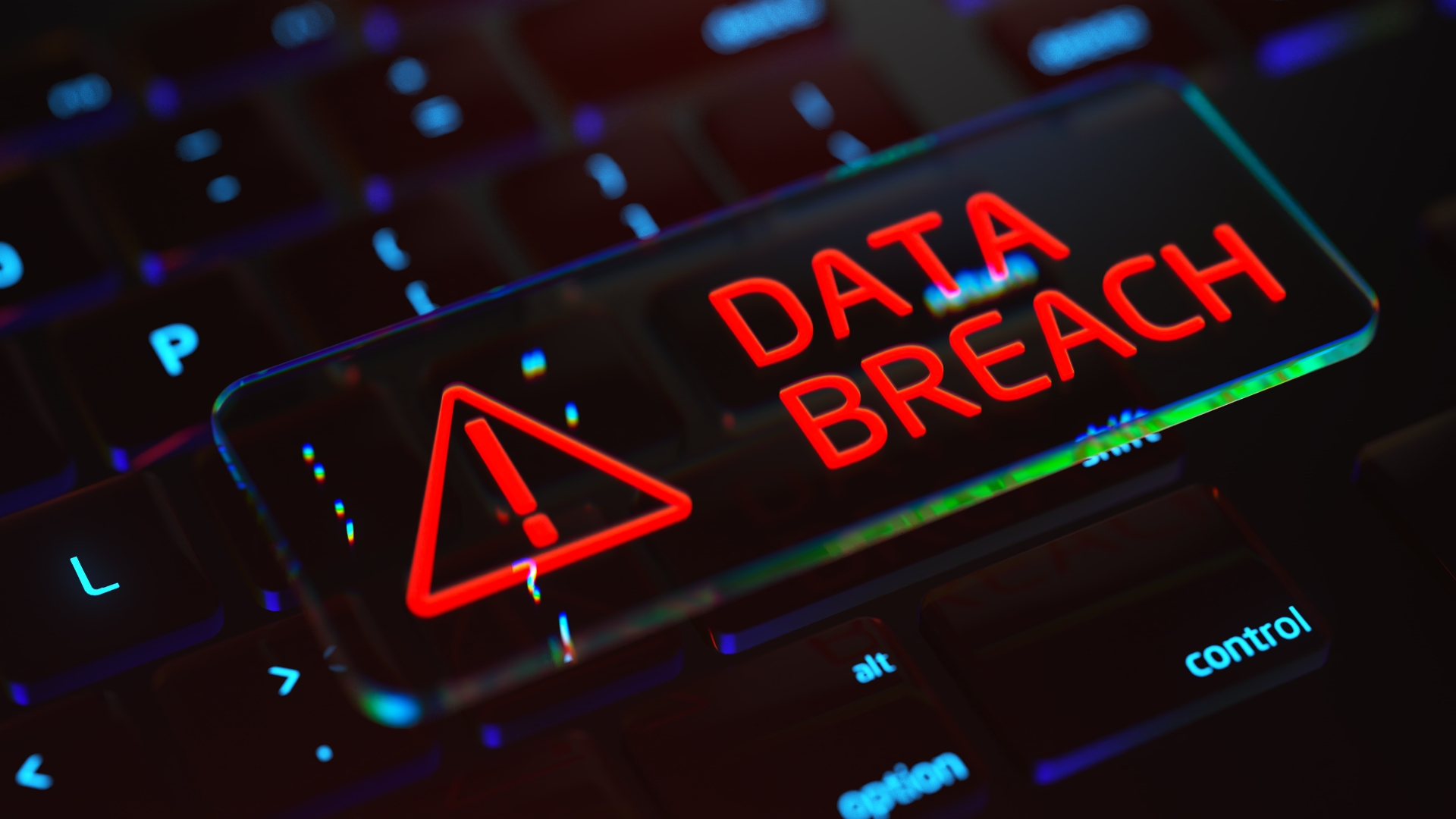Two Experts Meet to Demystify the PoSH Act, 2013
The Expert Panelists
In this webinar organized by Rainmaker Training and hosted by Antony Alex, Founder and CEO, the two experts are Ms Veena Gowda and Mr Trideep Pais. Ms Veena is one of the leading women's rights lawyers who has been practising in various prestigious courts for two decades. Mr Trideep is a Senior Advocate in Delhi High Court and has been litigating for over twenty years in criminal and civil law, including cases of sexual offences. He has represented both Complainants and Respondents in matters related to the Anti- Sexual Harassment Act at workplace.
If PoSH Committee Members do not give all documents to the Respondent or Complainant, is this violating their rights?
The PoSH Internal Committee must ensure that they share the documents (submitted by Complainant and Respondent) with the other party. In other words, both parties should have access to both sets of documents. PoSH Committee Members may also call for some documents from the HR or finance dept. and must share these with both parties. They should mark all documents in sequential order and make that sequencing known to both parties. The idea is that parties can refer to the documents easily. Suppose PoSH Committee Members are not following this. In that case, one could suggest this (marking of the documentation) so that referencing is easy and everybody is on the same page.
Similarly, Minutes of the Meeting (MOM) also must be recorded by the PoSH Committee Members and shared with both parties. If the parties don't receive it, they can ask for it. Ms Veena emphasized the principle behind these practices: "no one should be caught by surprise". The parties should get a chance to study the documents provided by the other party and then explain or counter what is in the papers.
Ms Veena cautioned that if the document has something confidential, this information should be retracted (sheathed) by the PoSH Committee Members before sharing it with parties. It could be names of people not relevant to the inquiry, names of people whom Complainant has called with her phone, or confidential organizational information.
What if the other party shares the statement (recorded during examination) or documents (screenshots or personal messages) with the media?
This leaking to the media is a constant worry of parties, the PoSH Committee Members, and even the organization. In today's times, sharing with the press or media is extremely easy and may be done impulsively. Ms Veena warned that this is a breach of Confidentiality (Section 16) and is punishable under the PoSH Law. "Not only the PoSH Law but Criminal Law will also be called in" on breach of Confidentiality and publication of material in social media. Therefore, both parties need to be strongly cautioned against revealing any information related to the inquiry proceedings.
Rainmaker Training Tip: The entire conversation where the PoSH Committee Members explain the inquiry process and Confidentiality to each party should get captured in the audio recording of the meeting. The Committee Members should also document all of the above in the MOM. Both parties should sign the MOM and receive a copy after every meeting. This recording and signing of the MOM are a good practice, and parties can ask for it if PoSH Committee Members fail to follow it.
Author's Note: After experiencing Sexual Harassment, when a woman is contemplating making a complaint or has filed a complaint, there could be much pressure on her. This pressure could be emotional pressure from people around her about the enormity of the situation and the potential repercussions leading to stress/anxiety. This could be professional pressure from peers/seniors not to make the complaint, withdraw it, or settle it. There could be economic pressure of needing the job and fear of losing it. With all of this, she may not be able to process helpful information about this law, her rights and the stages of the redressal mechanism at that time.
The same is true with the Respondent. However, his fears and apprehensions may not get the same consideration as hers. This imbalance can result due to the tendency of PoSH Committee Members to see him as the culprit even before the inquiry has commenced. Given our society which expects a man to "be a man" and not need help or support, he may further be alienated and left to fend for himself.
For the reasons stated above, people must be well aware of their rights and stipulations under the PoSH Law. Knowing these could be to their advantage, and not knowing them is a huge detriment.
Suppose you ever find yourself filing an FIR in the police station. In that case, your lack of awareness of the name of the Law and the Sections under which you need to file an FIR should not be a deterrent in filing it. But we all know that ideal situations are not what we come across in the real world. Knowing the sections of CrPC, IPC, IT Act, or POCSO under which you are filing a complaint would only empower you. Similarly, knowledge of the PoSH Law can empower you as an involved party.
Let us all be well-informed law-abiding employees/citizens.
For Expert's Advice for Complainants of Sexual Harassment, and Expert's Advice for Respondents of Sexual Harassment Complaint, go to Rainmaker – Online Training Company.
To read The Wheels of Justice Turn Slowly: Part 1 – Conciliation, click here The Wheels of Justice Turn Slowly: Part 1 – Conciliation – Rainmaker.
To read The Wheels of Justice Turn Slowly: Part 2 - PoSH External Member, click here The Wheels of Justice Turn Slowly: Part 2 - PoSH External Member - Rainmaker.
For PoSH training for employees, check out our PoSH e-module, WorkSafe DELTA trailer today https://www.youtube.com/watch?v=3cVxAPKkGQ4.
Author: Sumali Nagarajan
DISCLAIMER – No information contained in this website may be reproduced, transmitted, or copied (other than for the purposes of fair dealing, as defined in the Copyright Act, 1957) without the express written permission of Rainmaker Online Training Solutions Pvt. Ltd.











